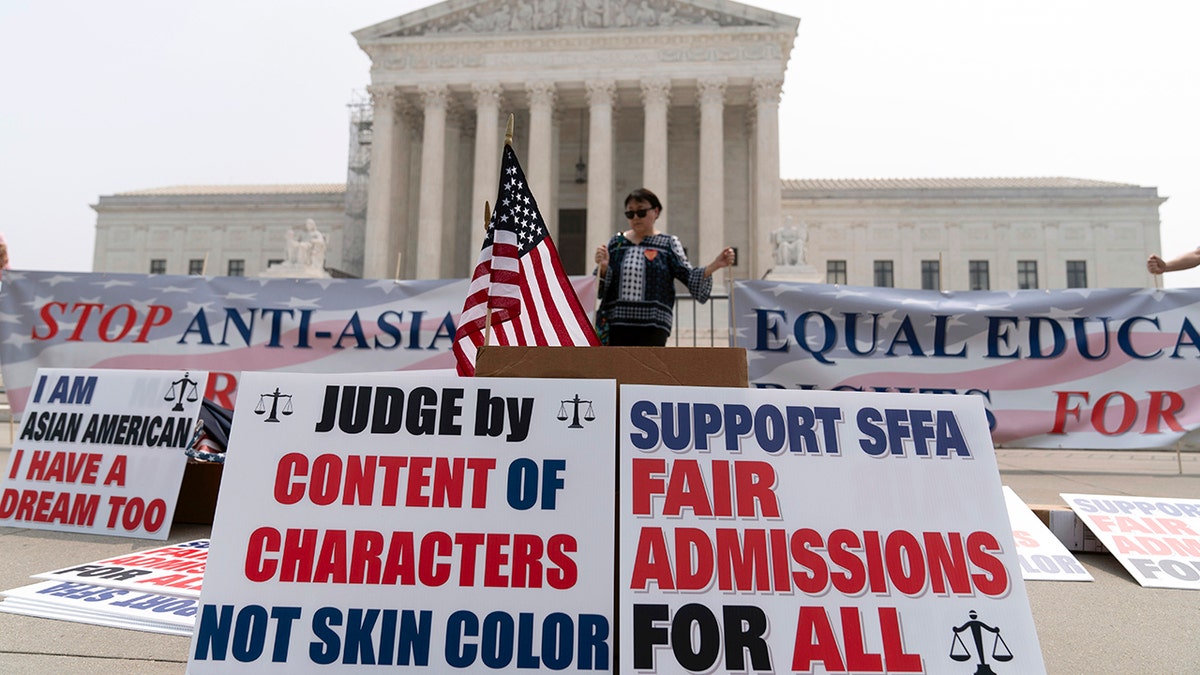The Supreme Court's recent decision to strike down race-based admissions practices at Harvard and the University of North Carolina marks a pivotal moment for American higher education. This ruling effectively ends affirmative action, a practice that has been the subject of intense debate for decades.
Chief Justice John Roberts, writing for the majority, emphasized the importance of treating each student as an individual, rather than on the basis of race. This aligns with the core principle of eliminating all forms of racial discrimination.

The court's decision addresses the long-standing concern that race has been a primary factor in admissions, often to the detriment of White and Asian American applicants. Studies have revealed significant score disparities required for Asian Americans to have equal opportunities compared to other racial groups. Evidence even suggested discriminatory practices against Asian Americans in personality evaluations.

This emphasis on race over merit has far-reaching consequences. In fields like medicine, qualifications and skills are paramount, regardless of race. Prioritizing race can compromise the quality of care and hinder progress across industries.

This ruling is not only a legal victory, affirming the 14th Amendment and the Civil Rights Act, but also a moral one. It reinforces the fundamental American principle of equality for all citizens, regardless of race. This decision upholds the ideal that all individuals are created equal and deserve equal opportunities.








